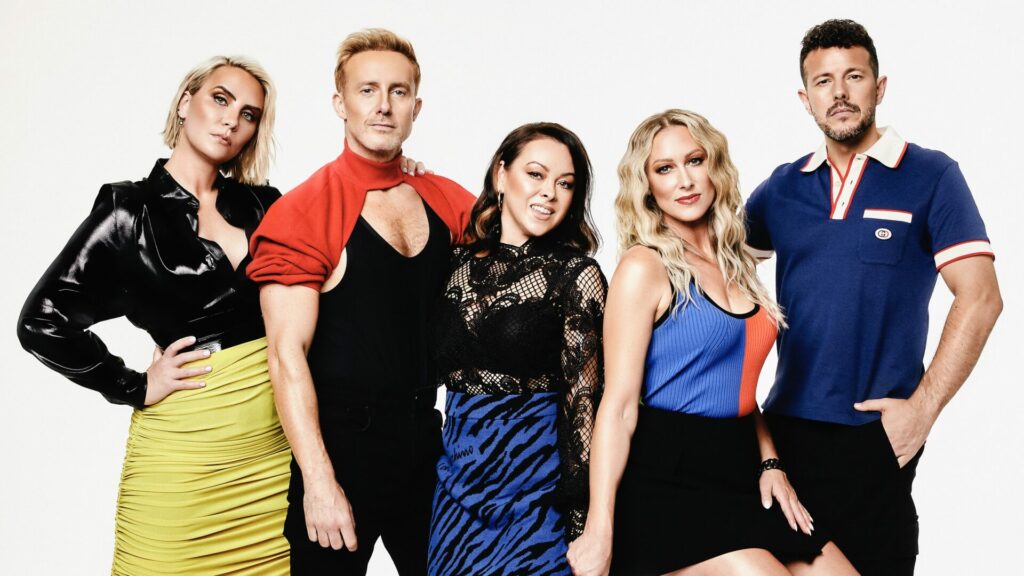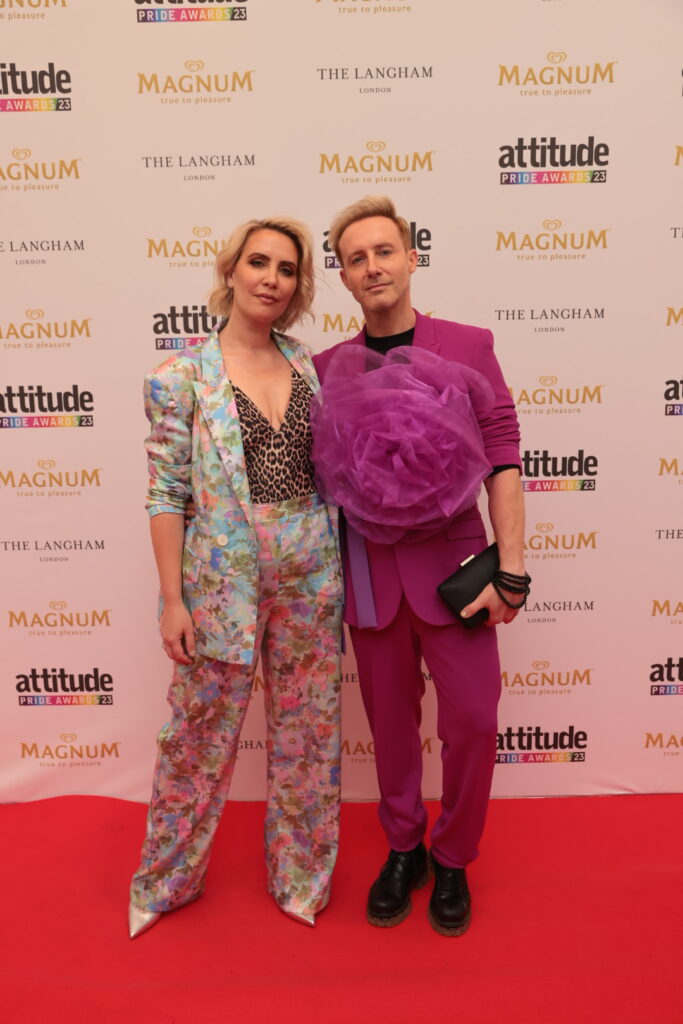Steps reject offer to perform in Dubai over anti-LGBTQ laws
"It wouldn't be right for me to take the money from that gig."

Steps have turned down a performance in Dubai over the country’s record on LGBTQ and human rights.
Homosexuality is illegal in the United Arab Emirates member.
Speaking to Attitude on the red carpet of the 2023 Attitude Pride Awards, in association with Magnum, on Thursday (22 June) band member Ian ‘H’ Watkins explained that the contract had stipulated “no mention of sexuality.”
This was unconscionable for Watkins, who identifies as gay.
“I am an advocate for LGBTQ rights and people and being your authentic self. It did not sit right with me.”

Since their return Steps have made it clear that their shows are a safe space for everyone regardless of background. This, Watkins continued, made him feel like the band would be censored in Dubai.
“We did do a show in Dubai six or seven years ago. And I pushed the boundaries then. I had a same-sex dance partner, I held hands with him. At the end of the show, it said ‘Love Wins’ in rainbow letters. And I feared coming off stage I would be thrown in jail.”
Watkins added that while acceptance has grown worldwide since then, Dubai’s laws remain “archaic.”
He admitted it had been scary to perform in Dubai before but that he feels able to stand up now being “more comfortable in my skin” and being a dad.
“It wouldn’t be right for me to take the money from that gig.”
Watkins also commented on recent reports that a ‘conversion therapy’ ban is awaiting Prime Minister Rishi Sunak’s approval.
Reports from ITV also indicate that the ban would only outlaw forced ‘conversion therapy,’ not voluntary.
Watkins described the debunked and harmful practice as “absolutely insane and ridiculous and archaic.” He called on Sunak to listen to LGBTQ people.
“Speak to LGBT people, speak to trans people, speak to non-binary people. Have a round-table discussion with people rather than just dictating their needs.”
